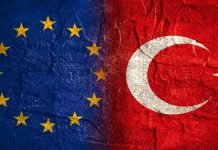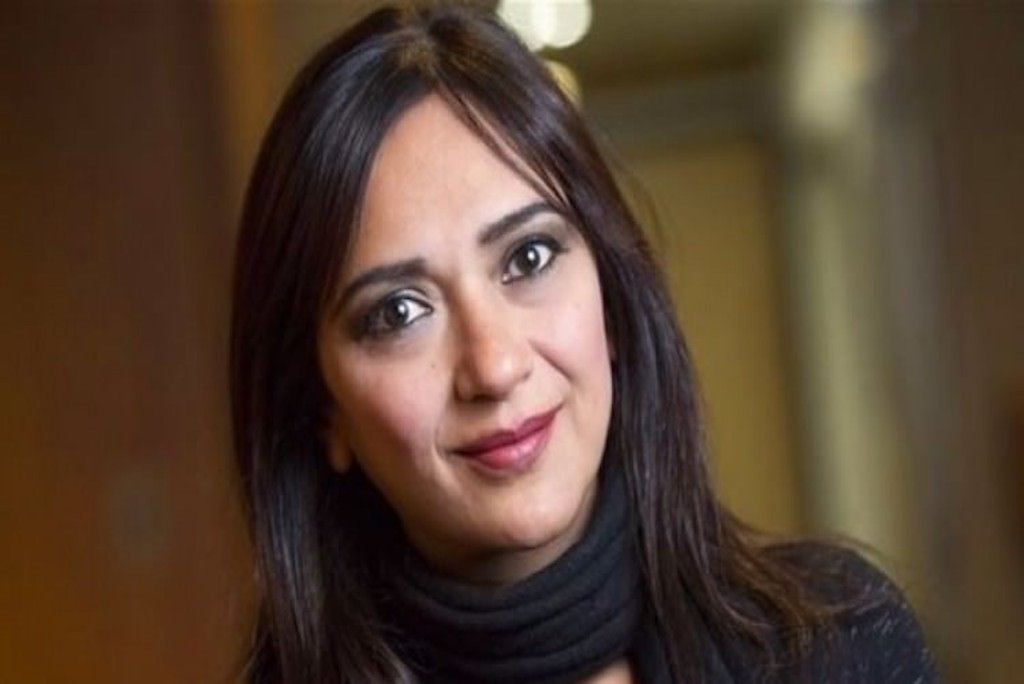Jailed former Co-chair of the pro-Kurdish Peoples’ Democratic Party (HDP) Selahattin Demirtaş was not allowed to see his daughters on Tuesday due to coronavirus-related restrictions, said his wife Başak Demirtaş in a series of tweets later that day.
Directing her criticism at Turkey’s Ministry of Justice and Justice Minister Abdülhamit Gül, Demirtaş said people who work in dangerous conditions are allowed to work and people are free to attend pro-government rallies, but non-contact prison visits, where visitors see their loved ones from behind a glass partition, are considered too risky due to the spread of COVID-19 despite the fact that they wear masks and face shields. That’s the reason such visits are allowed only once a month and with only one person. Contact prison visits are not permitted at all due to the pandemic.
Selahattin Demirtaş was arrested on November 4, 2016 on terrorism-related charges and has been in jail since then. On November 20, 2018 the European Court of Human Rights (ECtHR) ruled that Demirtaş’s lengthy pre-trial detention had violated the European Convention on Human Rights, ordering the Turkish government to pay 10,000 euros in compensation and calling for his release. The Strasbourg court described Demirtaş’s arrest as “politically motivated.”
Following the ECtHR decision, a Turkish appeals court upheld a four-year, eight-month sentence and in effect nullified the ECtHR decision.
In her tweets Başak Demirtaş said her husband had only able to see his daughters once since the beginning of the COVID-19 crisis and even in that case separately. She also asked why politicians, journalists and those at a greater health risk are not being released from prison despite the pandemic.
The Turkish parliament passed a release bill in mid-April to mitigate the spread of COVID-19 in the country’s overcrowded prisons. But the law, which provided the possibility of early parole or house arrest to inmates, explicitly excluded tens of thousands of political prisoners such as politicians, journalists, lawyers, academics, and human rights defenders convicted under the country’s controversial and broadly interpreted counterterrorism laws. The government has turned a deaf ear to calls from international organizations, NGOs and rights groups to include political prisoners within the scope of the release law.















